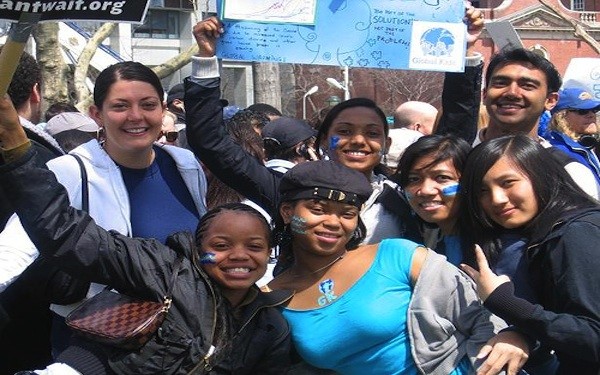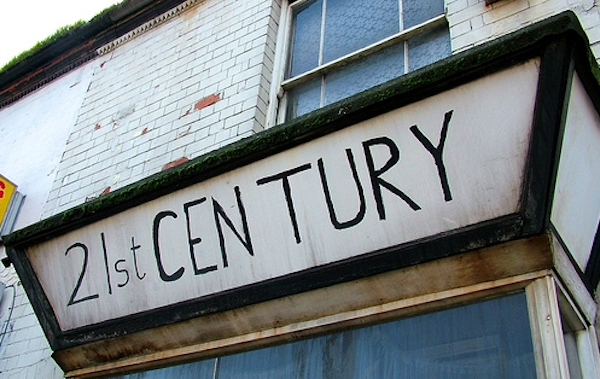dmlcentral.net
Recommended reading, watching, listening
Global Kids' New York City-based programs address the urgent need for young people to possess leadership skills and an understanding of complex global issues to succeed in the 21st century workplace and participate in the democratic process. The staff has a wonderful appetite for learning and we regularly provide DMLcentral.net a snapshot of resource picks we consider insightful and relevant. Please comment and tell us what you are reading and watching, too! Topping our current list: Feed by M.T. Anderson, a dystopic science fiction novel about a world where technology has become such a part of people's lives that they wear embedded computers that feed news, advertising, television programs, music and electronic messages directly into their brains.… more
21st Century Assessment: A Critical Moment
Editor's Note: This is a re-blog of a timely post by guest bloggers Daniel Hickey and Brian Nelson. You can find the post in its original form here. The authors argue that the opportunity to institute true reform in assessment practices is now, and those leading the government's Race to the Top Assessment Initiative must think more broadly about how we measure progress in schools.
Education Secretary Arne Duncan has set aside up to $350 million of Race to the Top funds for the potential purpose of supporting states in developing a next generation of assessments of student learning. The competitive grant program is called Race to the Top-Assessment (RTT-Assessment). Members of the MacArthur Foundation’s 21st Century Assessment Project are scrutinizing this initiative. Our investigation reflects the project’s continuing analysis of assessment practices that reveal the reasoning, communication, and learning needed for economic, social, creative, and civic success in a networked 21st century world. We encourage feedback on our findings.… more
A Thought Experiment: Why grade? Why test? What if?
Let’s try a thought experiment. Let’s assume we live in a culture where all forms of educational achievement tests have been banned and no one is allowed to assign a letter or numerical grade for anything. How would we evaluate what students are learning? How would we decide which teachers were doing their job effectively or how they could be more effective? Would there be objective (i.e. impartial, unbiased) ways of determining who was the smartest student and who needed help? And why would we want or need to know that? Without testing, would being the best be a useful question? Or, as a mathematician would ask, would that question be an interesting one (one that could yield an answer that wasn’t simply a circular restating of the question)? How would the content and methods of education change if assessment by means of testing and grading was banned?… more


